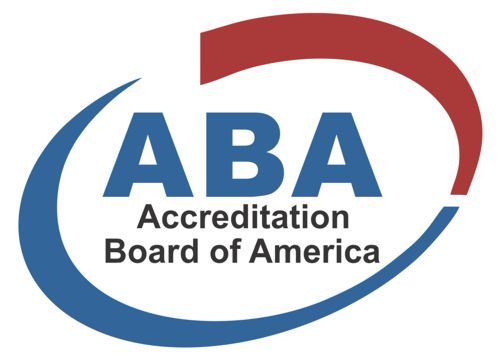Accreditation plays a crucial role in today’s industries, providing a stamp of credibility and quality. One notable accreditation standard is ISO/IEC 17020, which specifically focuses on inspection bodies. This blog explores the power of accreditation and the opportunities it unlocks with ISO/IEC 17020.
Understanding ISO/IEC 17020:
ISO/IEC 17020 is an internationally recognized standard that sets out the requirements for the competence of inspection bodies. It provides a framework for ensuring that inspection bodies operate with integrity, impartiality, and technical competence. By adhering to ISO/IEC 17020, inspection bodies can demonstrate their ability to consistently deliver accurate and reliable inspection services.
The standard covers various aspects of inspection bodies’ operations, including organizational structure, management systems, personnel competency, inspection processes, and reporting. It emphasizes the importance of impartiality and independence, ensuring that inspection bodies are free from any conflicts of interest that could compromise the objectivity of their work.
To comply with ISO/IEC 17020, inspection bodies need to establish and maintain a quality management system that meets the requirements of the standard. This involves implementing documented procedures, conducting internal audits, and continuously improving their processes.
Accreditation Benefits:
Accreditation brings forth an array of benefits to inspection bodies:
A. Enhanced credibility and trustworthiness: ISO/IEC 17020 accreditation establishes a reputation for quality, competence, and reliability.
B. Expanded market opportunities: Accreditation opens doors to new markets and clients, both nationally and internationally.
C. Compliance with regulatory requirements: Achieving ISO/IEC 17020 accreditation ensures adherence to relevant regulations and standards.
D. Improved operational efficiency: Accreditation promotes efficient processes, streamlined workflows, and continuous improvement.
E. Enhanced customer satisfaction: Accreditation instills confidence in customers, demonstrating a commitment to quality.
Unlocking Opportunities with ISO/IEC 17020:
By achieving accreditation and adhering to the requirements of this international standard, inspection bodies can experience significant benefits and take advantage of various opportunities:
Enhanced Credibility and Reputation: ISO/IEC 17020 accreditation serves as a mark of credibility and competence. It demonstrates to clients, stakeholders, and regulatory bodies that the inspection body operates at a high level of quality and follows internationally recognized standards. Accreditation enhances the reputation of the inspection body, instilling trust and confidence in its services.
Access to New Markets and Clients: Accreditation to ISO/IEC 17020 opens doors to new markets and clients. Many organizations, industries, and government agencies require inspections to be performed by accredited bodies. By achieving accreditation, inspection bodies become eligible to work with these entities, expanding their customer base and unlocking new business opportunities.
Competitive Advantage: Accreditation sets accredited inspection bodies apart from their non-accredited counterparts. It provides a competitive edge by demonstrating a commitment to quality, competence, and adherence to internationally recognized standards. Clients are more likely to choose an accredited inspection body over a non-accredited one, giving accredited bodies a distinct advantage in the market.
Collaboration and Partnerships: Accredited inspection bodies can collaborate with other accredited entities. This collaboration can include knowledge sharing, joint projects, and partnerships in areas such as research, development, and standardization. Working with other accredited organizations can foster innovation, improve industry practices, and create mutually beneficial relationships.
Recognition and Acceptance: ISO/IEC 17020 accreditation ensures recognition and acceptance by regulatory bodies, authorities, and industry stakeholders. Accredited inspection bodies are more likely to be accepted as reliable and competent service providers. This recognition can lead to increased opportunities for collaboration, involvement in industry initiatives, and acceptance as an authority in the field.
Business Growth and Expansion: Accreditation can contribute to the growth and expansion of inspection bodies. By meeting the requirements of ISO/IEC 17020, these bodies can attract more clients, secure larger contracts, and expand their service offerings. The increased demand resulting from accreditation can lead to business growth, improved financial performance, and long-term sustainability.
Steps to Achieving ISO/IEC 17020 Accreditation:
To obtain ISO/IEC 17020 accreditation, inspection bodies need to follow a structured process as outlines:
A. Gap analysis and readiness assessment: Identifying areas of improvement and determining readiness for accreditation.
B. Implementation of changes and improvements: Making necessary adjustments to meet the standard’s requirements.
C. Documentation of procedures and quality management system: Developing comprehensive documentation and quality management systems.
D. Internal audits and management reviews: Conducting regular audits and reviews to ensure compliance and continuous improvement.
E. Preparing for the accreditation assessment: Taking necessary measures to prepare for the accreditation assessment process.
Contact Accreditation Board of America, LLC today and let us guide you to new opportunities: www.abofamerica.com

